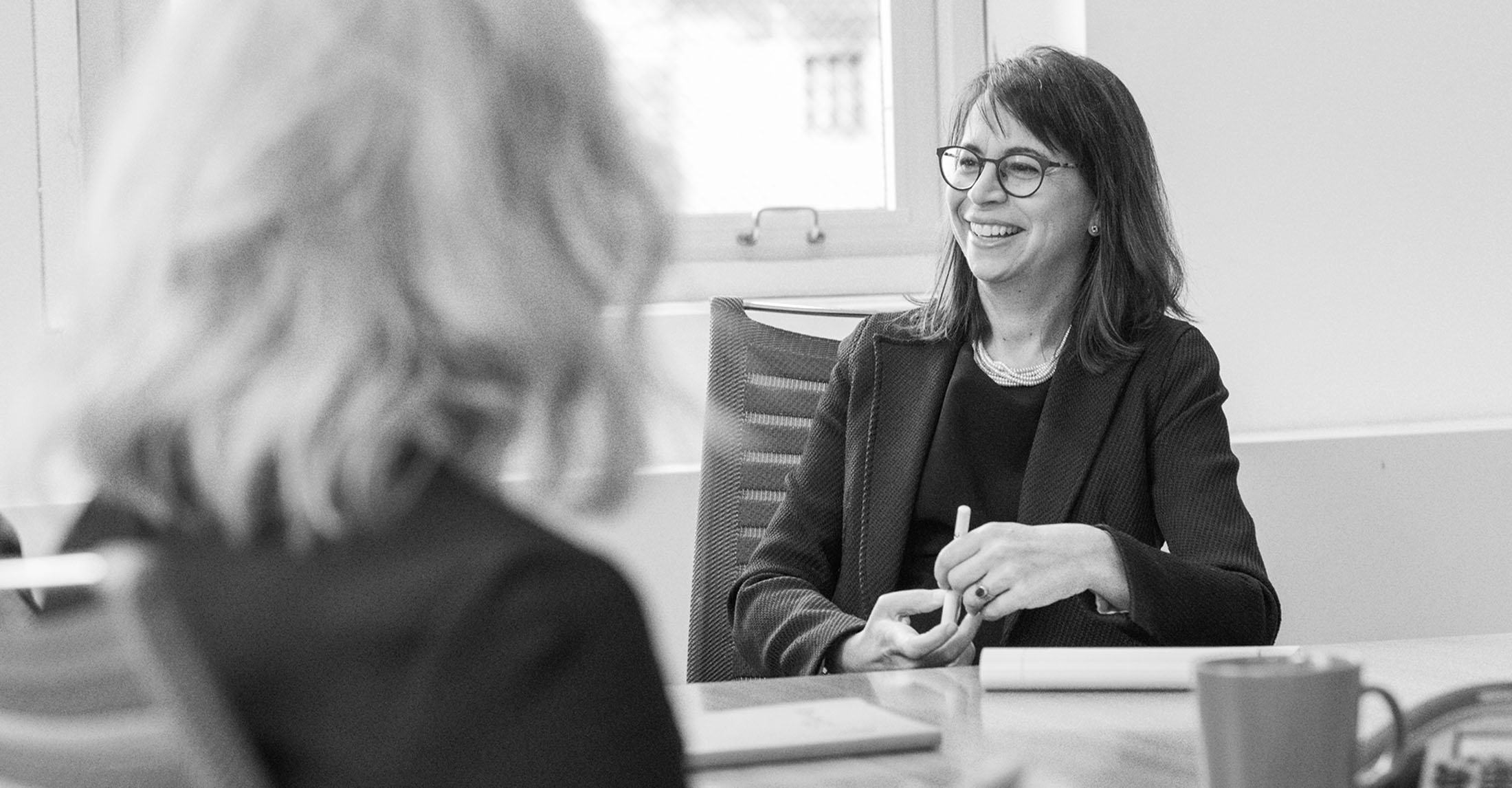GCs urge firms to rethink origination credit and business development




Bringing in new business is imperative for long-term success, career advancement and higher levels of remuneration at Big Law firms. However, women are historically at a disadvantage when it comes to origination credit.
Law firm clients are ideally placed to help address the specific problem of origination credit by exercising their power of the purse. Yet the 2020 Equity Project study found that 52% of GCs and senior in-house lawyers said they were entirely unaware of how origination credit was awarded.
Women inherit fewer law firm client relationships and opportunities than their male counterparts. This is often because senior male partners habitually choose to mentor other male lawyers with similar interests and attitudes, and because of the way origination credit is traditionally awarded. In fact, in a report co-authored by Equity Project Champion Roberta Liebenberg, 67% of senior women reported that they experienced a lack of access to business development opportunities due to gender.
Law firms often award origination credit in perpetuity, so male lawyers—who benefited from mentorship, sponsorship and inherited clients—even years later stand to receive the credit for new matters that they may not be involved in and for client contacts that they may not have met.
A 2018 Major, Lindsey & Africa survey revealed that due to a combination of the above factors female partners report lower average compensation nearly 80% of the time. As an Assistant GC at a Fortune 500 Technology company encapsulated the problem, “You have to follow the money. Lawyers cannot succeed in a law firm unless they receive origination credit.”
Clients can ask their external counsel how they award origination credit and decide not to work with firms that do not award origination credit to women who have earned it. However, the 2020 Equity Project study revealed that GCs are not tracking this metric—and thus are neglecting to exercise an important economic lever for closing the gender gap in law.
Based on GCs and senior in-house lawyers’ comments, the challenge is not accepting the importance of origination credit but understanding the details of how that credit is actually awarded within law firms.
Many GCs expressed frustration with a perceived reluctance by their external counsel to reveal this information. A Managing Counsel at an Oil & Energy company explained: “We usually do not know because laundry like that is not done in front of the clients. I do ask about it and can usually tell from their non-answers that firms prefer not to disclose that information.”
However, those in-house lawyers who apply their economic influence do receive tangible results: “We ask the question and get the answer. Sometimes we are politely told that the firm will not share the information. If it is a partner who simply signs bills and does nothing else, we ask origination credit to be moved in different directions. It is a huge factor that we ask and care about.”
Ultimately, this is an area where greater collaboration with and transparency from law firms is needed, but GCs and senior in-house lawyers also have a responsibility to prioritize seeking out this information.
Clients can also leverage other types of economic levers—for example, The Equity Project provides a lever to clients to insist on change. In the 2020 Equity Project study, 55% of GCs said that knowing about The Equity Project will change the way they think about or prepare for future affirmative litigation.
The Equity Project is a $50 million pool of capital earmarked to finance commercial matters led by women lawyers, where the litigation or arbitration is being led by a woman, where a woman receives origination credit or is the client relationship manager, or where the case is run by a women-owned firm.
With financing from The Equity Project, women lawyers can pitch alternative fee arrangements, giving them a competitive edge to win new clients and procure that all-important origination credit.
In-house lawyers may use Equity Project capital for matters they award to law firms on the proviso that a woman lawyer is receiving origination credit or leading the case. This presents an incentive to law firms to promote women and to ensure that the lawyers actually working on their matters are being adequately compensated for bringing in new business.
Both clients and law firms want to move toward gender parity, and they can if they work collaboratively to change law firm culture and provide women lawyers with the opportunities to showcase their talents and ultimately progress to equity partnership.
Download the 2020 Equity Project study: General counsel and the gender gap in law